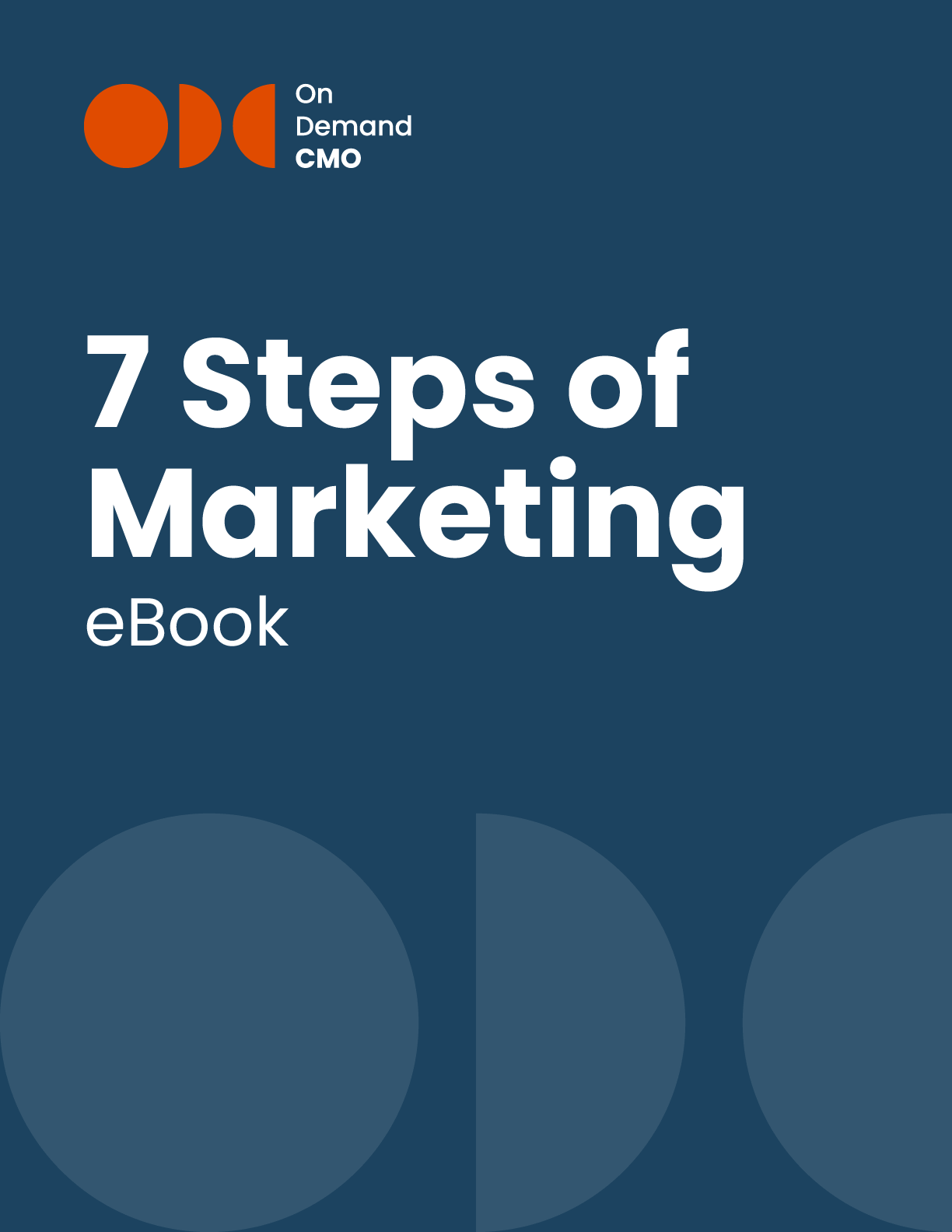
Earlier this week I sat down with my good friend and mentor, Ken Mandelbaum to discuss what it means to be an authentic leader in the workplace. Ken has 35 years experience as Chairman, CEO and owner of several large and successful businesses. He is also an award winning executive coach for C-suite executives and an expert in leadership development, performance, and sales growth. I hope you benefit from his insights as much as I have!
When I asked Ken how he would define “Authenticity?” he defined it as
“being free to Speak and be yourself, without pretense. To be true to yourself, real, honest, open and free to be expressed.”
His perspective was that being authentic in the workplace is extremely important because authenticity creates trust, and trust is the cornerstone of creating meaningful relationships. When there is consistency between your speaking and what you do, when you can be counted on to do what you say, when you are free to let others know your failures and weaknesses, how you occur for another is that you can be trusted.
Authenticity shows up when people have the courage to say the things that others won’t. It takes being authentic to present your point of view when others won’t or when it is different than what everyone else is saying and to be able to say it without appearing egotistical or in making others feel wrong or diminished.
It takes courage to show your weaknesses and share what you have learned when you have failed. When you do so others feel safe that they can continue to grow and be successful and that they can be responsible and own their own failures and weaknesses and have the courage to continue pursuing excellence.
One of the most sought after qualities in business today is authentic leadership. Think about the people in your company who have a vision for greatness, who are free to share about themselves, who speak and act in a way that touch you and inspire you, Those leaders are the ones that capture peoples’ hearts. They have teams that will think more collaboratively, and give their time and thinking to improve themselves, others and the company. These teams invariably are happier, more productive, creative and innovative.
From my conversation with Ken, I took away five key tips on authentic leadership in business and how can we become authentic leaders in our organizations:
1. Learn Through Observation
You cannot be an authentic leader until you understand what authenticity looks like. It is worth taking the time to analyze the authentic leaders in your life to determine the qualities that make them authentic. Reading about authentic leaders is also a great learning tool. The Three Laws of Performance by Steve Zaffron and Dave Logan is a great resource.
2. Try It On
Once you have determined some of the qualities that make a leader authentic, come up with ways to incorporate authentic leadership into your life. Model other people’s behavior and see what works for you.
3. Ask For Feedback
One of the best ways to evaluate yourself is to ask those around you for their feedback. Make sure that people feel safe to share their honest opinions about your authenticity.
4. Receive Coaching
A good coach will ensure that your behavior is in line with your end goal. If your actions are inconsistent with your words, they will help you get back on track.
5. Practice
Finally, practice! Learn from the feedback from your peers and your coach, and be coachable. Essentially, you want to find a few practices that enable you to maintain an authentic leadership style.
As you learn to be an authentic leader, there are a few things to keep in mind. The key ingredients to authenticity is saying the truth, being who you are and free to share your weaknesses and failures. Having said that, how you speak your view of the truth should include how your audience will hear it. Have your speaking be heard in a way that opens up conversation, that empowers others rather than leaving people feeling as though they are wrong or disempowered or not heard and considered.
Authenticity in the workplace is certainly not a simple goal, but it can have a lasting impact on our organizations. I have learned a lot from Ken’s view on authenticity. How has authenticity impacted your organizations or do you think it might if you began practicing it?

OnDemandCMO has authored 7 Steps of Marketing, the only marketing guide book you’ll need to either get your marketing started properly, or stay on track strategically.
It features best practices on branding, messaging, social media, lead generation and much in between.
Please let us know who you are, and we'll share a few of our secrets (we don't sell or trade your info)!